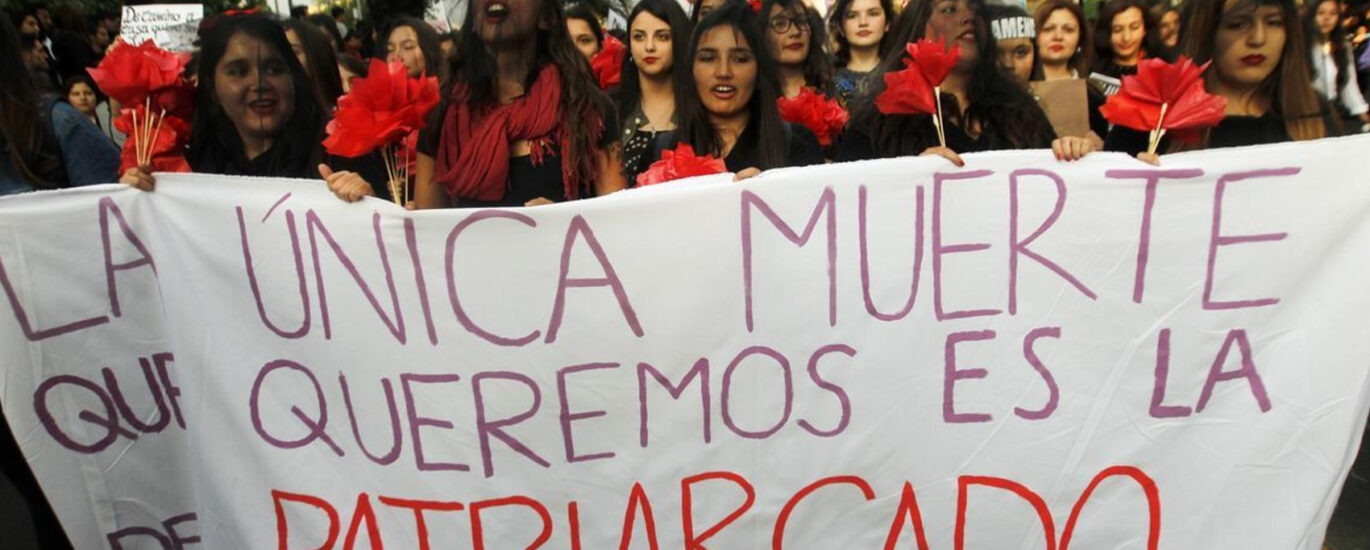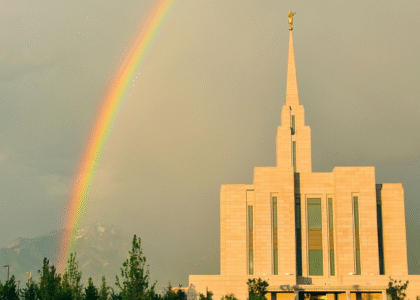The bridge I must be
Is the bridge to my own power
I must translate
My own fears
Mediate
My own weaknesses
I must be the bridge to nowhere
But my true self
And then I will be useful.
– “The Bridge Poem,” Kate Rushin
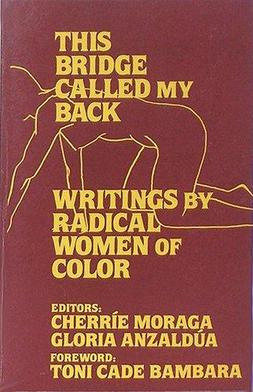
The Book
This Bridge Called My Back: Writings by Radical Women of Color is an anthology of essays, letters, and poetry by Black, Native American, Asian American, and Latina women, some of whom identify as lesbian. It was edited by Cherríe Moraga and Gloria Anzaldúa, and first published in 1981. The book centers on the experiences of women of color and emphasizes the points of intersectionality within their multiple identities, challenging white feminists who made claims to solidarity based solely on gender and sisterhood. The anthology calls for a greater prominence within feminism for race-related subjectivities, and ultimately laid the foundation for third wave feminism.
“…so often the women seem to feel no loss, no lack, no absence when women of color are not involved; therefore there is little desire to change the situation.”
– “La Guera”, Cherríe Moraga

The Authors
Cherríe Moraga was born September 25, 1952 in Los Angeles, CA, and is a Chicana writer, feminist activist, poet, essayist, and playwright. She attended Immaculate Heart College in Los Angeles, gaining a graduated bachelor’s degree in English in 1974. Soon after attending, she enrolled in a writing class at the Women’s Building and produced her first lesbian poems. In 1977 she moved to San Francisco where she supported herself as a waitress, became politically active as a burgeoning feminist, and discovered the feminism of women of color. She earned her master’s degree in Feminist Writings from San Francisco State University in 1980, and she is part of the faculty at the University of California, Santa Barbara in the Department of English. Moraga is also a founding member of the social justice activist group La Red Chicana Indígena which is an organization of Chicanas fighting for education, culture rights, and Indigenous Rights.
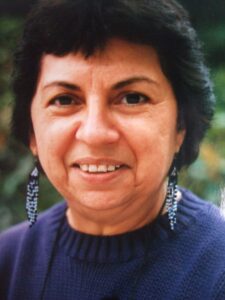
Gloria Anzaldúa, born on September 26, 1942 in South Texas, was an American scholar of Chicana cultural theory, feminist theory, and queer theory. She graduated as valedictorian of her high school, and in 1968, she received a B.A. in English, Art, and Secondary Education from University of Texas–Pan American. She then earned an M.A. in English and Education from the University of Texas at Austin. She loosely based her best-known book, Borderlands/La Frontera: The New Mestiza, on her life growing up on the Mexico–Texas border and incorporated her lifelong experiences of social and cultural marginalization into her work. She also developed theories about the marginal, in-between, and mixed cultures that develop along borders. Anzaldúa passed away in 2004, in Santa Cruz, California, and was posthumously awarded her doctorate in Literature from the University of California, Santa Cruz in 2005.
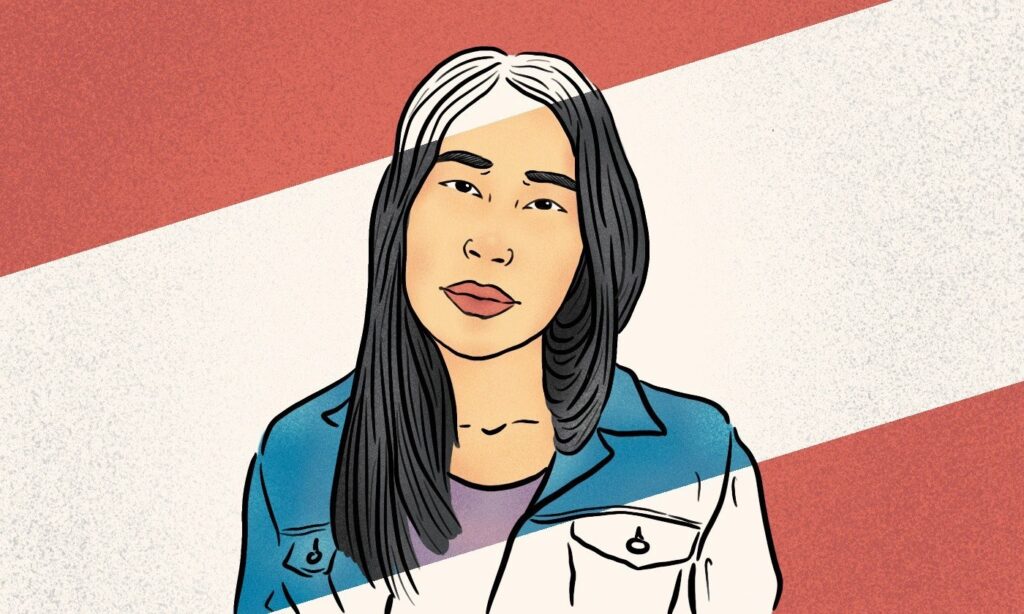
“When I was growing up I read magazines And saw movies, blonde movie stars, white skin, Sensuous lips and to be elevated, to become A woman, a desirable woman, I began to wear Imaginary pale skin
When I was growing up, I felt dirty.
I thought that god made white people clean
And no matter how much I bathed,
I could not change, I could not shed
My skin in the gray water.”
– “When I Was Growing Up”, Nellie Wong
Our Guest
Jenn Lee Smith
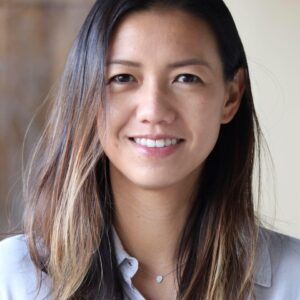
Jenn Lee Smith was born on the friendly, vibrant island of Taiwan. She is a filmmaker who focuses on women-led stories of underrepresented people. In a previous life, she worked on a PhD in feminist geography. She began her producing career focused on stories at the intersection of religion and sexual/gender orientation, and has since collaborated on BIPOC and environmental films. She welcomes your recommendations for live comedy and films of all genres @bewilderfilm
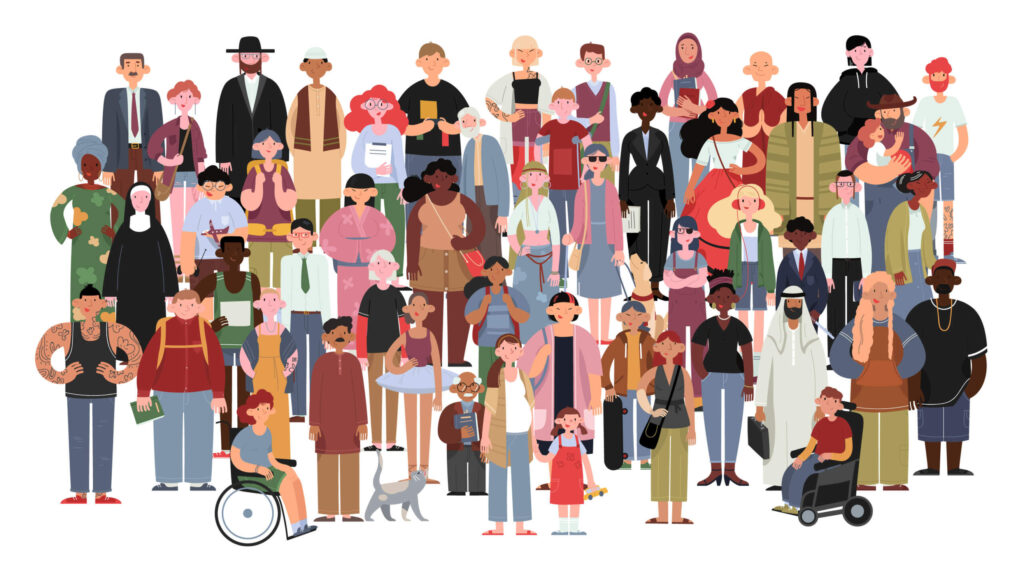
“The reason racism is a feminist issue is easily explained by the inherent definition of feminism. Feminism is the political theory and practice to free all women: women of color, working-class women, poor women, physically challenged women, lesbians, old women, as well as white economically privileged heterosexual women. Anything less than this is not feminism, but merely female self-aggrandizement.”
– “And When You Leave, Take Your Pictures With You,” Barbara Smith

Amy’s Takeaways
This anthology will end up being one of the most important books I read in this entire lineup. I’ve read a lot about “white feminism” lately and I’ve worked hard to educate myself, but it was profoundly moving and powerful to hear these women speaking from their own experience, often directly to me as a white woman. And what I heard, whether from Black or Asian or Native American and/or queer women is that they are tired. Tired from living as women in a world built for men (just like I am), but on top of that, tired from living as women of color in a country built for white people. And for some of them, a triple whammy: tired from living as queer persons in a world built for straight people. How exhausting, then, after all of that, to be asked by white women to translate and explain and build bridges. I am so grateful to Jenn Lee Smith for alerting me to this book, for reading and discussing it with me, and for sharing her experiences on this episode.
~
“I’m sick of filling in your gaps
Sick of being your insurance against
The isolation of your self-imposed limitations
Sick of being the crazy at your holiday dinners
Sick of being the odd one at your Sunday Brunches
Sick of being the sole Black friend to 34 individual white people
Find another connection to the rest of the world
Find something else to make you legitimate
Find some other way to be political and hip
I will not be the bridge to your womanhood
Your manhood
Your human-ness”
– “The Bridge Poem,” by Kate Rushin
Listen to the Episode
&
Share your Comments with us below!

